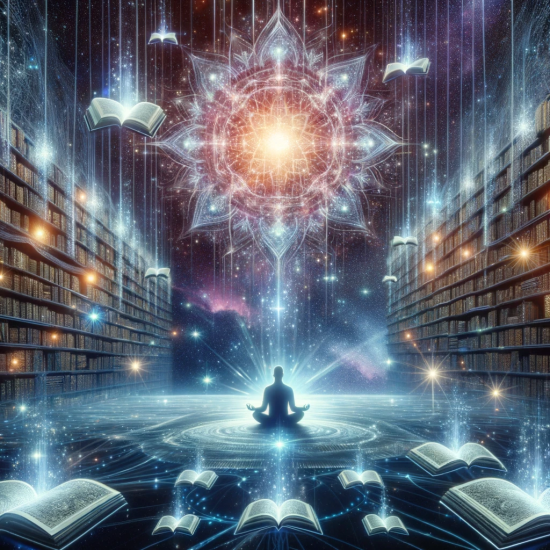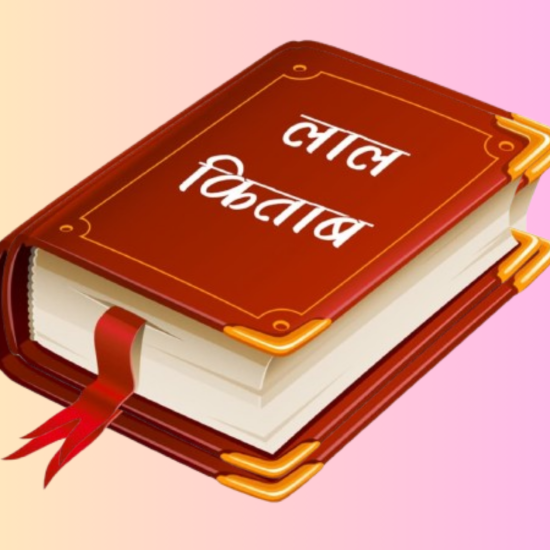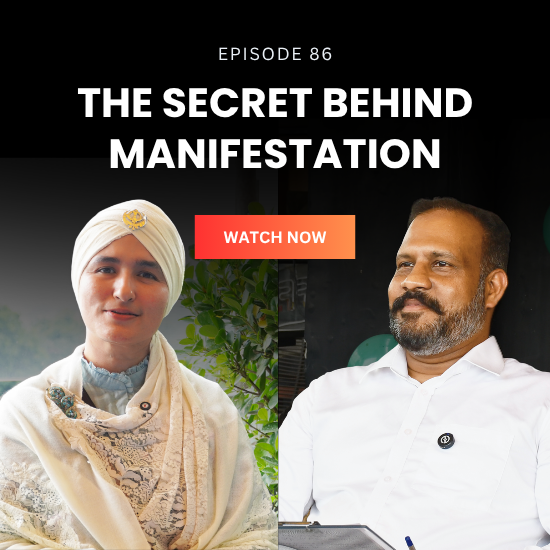In this thought-provoking episode of The Alpha People, Dr. Ritesh Arya, a renowned geologist and hydrogeologist, shares his incredible journey from a small-town student to a Guinness World Record holder for drilling the highest successful borewell in the world. Initially aspiring to be a doctor, Dr. Arya’s life changed after discovering a 20-million-year-old palm leaf fossil in the Himalayan town of Kasauli, igniting a lifelong passion for geology and fossil research. This early encounter led him to question mainstream scientific narratives and follow his intuition into the Earth’s deep past.
Dr. Arya is widely recognized for his work in groundwater discovery across the Himalayan region, particularly in areas where modern scientific tools failed. Using traditional methods based on lithology, porosity, and structural geology, he achieved a near 100% success rate in locating sustainable water sources. His work has been crucial in providing water to remote villages, military bases, and Tibetan refugee camps in Ladakh. Notably, his discoveries helped supply water to Indian forces stationed at Siachen and Kargil, areas where access to water was previously deemed impossible.
Beyond hydrology, Dr. Arya challenges conventional geological theories. Based on fossil evidence, he questions the widely accepted timelines of the India-Tibet collision and proposes alternative models about the formation of the Himalayas. His storytelling, blending science with poetic metaphors like the “love story between India and Tibet,” turns complex geological events into compelling narratives that humanize Earth’s evolution and tectonic movements.
A central theme of the conversation is Dr. Arya’s critique of modern narratives around climate change. He argues that climate change is a natural cyclic process, not solely a result of human activity. Presenting his own Arya-Meha climate cycle theory, he outlines a 1,338-year cycle of global warming and cooling, supported by evidence from fossil records and sediment layers across Ladakh and the Indus region. According to him, the impact of volcanic activity and tectonic movements on the Earth’s climate far outweighs the effects of modern pollution.
Dr. Arya also emphasizes the importance of ancient Indian knowledge systems. He discusses how early civilizations like the Indus Valley had deep geological awareness, building sustainable habitats that respected nature’s boundaries—unlike today’s reckless urban expansion on riverbeds and floodplains. He urges modern society to re-integrate traditional science with new technologies and avoid repeating past mistakes driven by greed and ignorance.
Closing the episode, Dr. Arya shares his philosophical reflections on what it means to be “Arya”—not a caste or community, but a noble human being who lives with purpose, truth, and service. Through a blend of science, spirituality, and cultural introspection, this episode becomes more than a geological discussion; it’s a call to reconnect with the Earth, our history, and our inner values.
🔔 Don’t forget to subscribe & share if this conversation resonated with you!
🔔 Don’t forget to subscribe & share if this conversation resonated with you!
Frequently Asked Questions
Certainly! Here are some potential questions and answers based on the podcast conversation:
People think global warming is a threat, but I say it’s actually a gift of nature. It brings rainfall, water movement, and renewal. The real threat is greed and bad planning. We’re building cities on floodplains and riverbeds, ignoring nature’s course, which leads to disaster—not warming itself.
Absolutely. Indus Valley Civilization had advanced drainage systems, knew where not to build, and lived in harmony with geological realities. Unlike today's concrete jungles, their cities respected natural boundaries and respected Earth’s rhythm, which is something we must urgently relearn.
Don’t blindly follow technology. Combine modern science with traditional wisdom. Trust your intuition, observe nature, and most importantly, practice contentment and humility. Greed has destroyed our relationship with the planet. The day we overcome it, we’ll restore balance in both science and life






